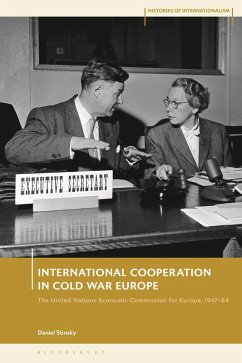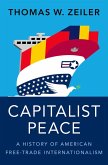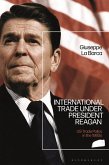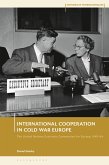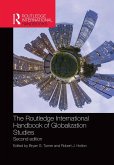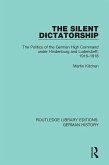Formed in 1947, the United Nations Economic Commission for Europe (UNECE) was the first postwar international organization dedicated to economic cooperation in Europe. Linking the universalism of the UN to European regionalism, both Cold War superpowers, the USA and the Soviet Union, were founding members of the UNECE. Building on the League of Nations' difficult heritage, and in an increasingly challenging political environment, the UNECE's mission was to facilitate European cooperation transcending the boundaries set by the Cold War . With a number of competitor organizations set against it, the UNECE managed to carve out a niche for itself, setting norms and standards that still have an impact on the everyday lives of millions in Europe and beyond today. Working against an overwhelming geopolitical trend, UNECE succeeded in bridging the Cold War divide on several occasions, and maintained a broad system of contacts across the Iron Curtain.
This book provides a unique study of this important but hitherto under-researched international organization. Incorporating research on the Cold War, the history of internationalism and European integration, Stinsky weaves these different threads of historical enquiry into a single analytical narrative.
This book provides a unique study of this important but hitherto under-researched international organization. Incorporating research on the Cold War, the history of internationalism and European integration, Stinsky weaves these different threads of historical enquiry into a single analytical narrative.

